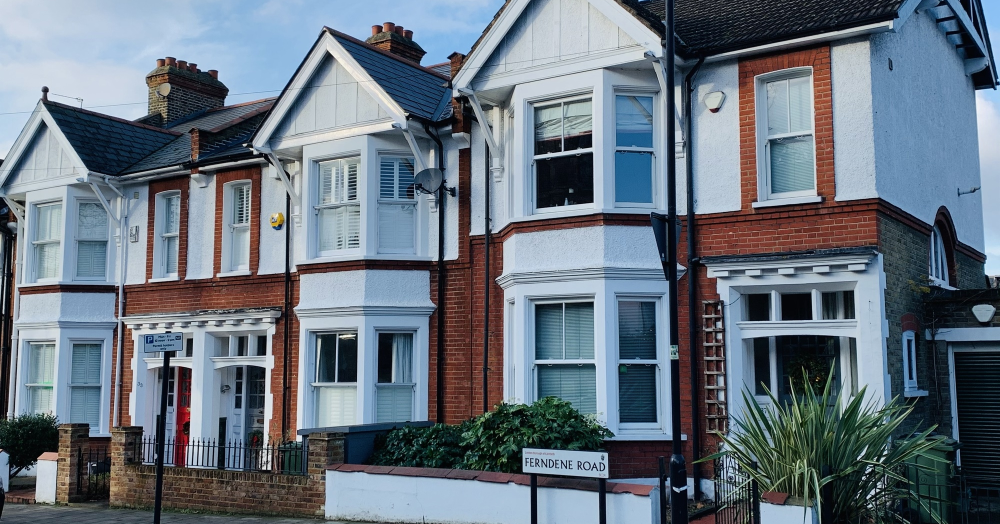
What is Probate?
Probate is the legal and financial process of dealing with a person’s estate after they have passed away. The term estate covers everything the deceased owned — property, money, possessions, and other assets.
Put simply, probate gives someone the legal authority to manage, gather, and distribute these assets according to the person’s will, or in line with the rules of intestacy if there is no will.
Here’s a breakdown of what probate involves:
1. Proving the Will is Valid
If there is a will, the probate process confirms it is legally valid and grants the named executor(s) the power to carry out the deceased’s wishes. If there is no will, a close family member usually applies to become the administrator of the estate instead. In that case, the law sets out who inherits what, under the rules of intestacy.
2. Applying for the Grant of Probate
Executors must apply for a legal document called a Grant of Probate. This is issued by the Probate Registry and serves as proof of their authority to deal with the deceased’s affairs.
If there is no will, this document is called Letters of Administration instead.
It typically takes several weeks to a few months to obtain this, depending on how complex the estate is.
3. Paying Debts and Taxes
Before distributing the estate to beneficiaries, the executor or administrator must identify all debts (like mortgages, loans, credit cards) and pay them off from the estate. Inheritance Tax (IHT) and other taxes also need to be settled before assets can be released.
4. Gathering in the Assets
After probate has been granted, the executor can collect the deceased’s assets — for example, selling their house, closing bank accounts, or redeeming investments.
5. Distributing the Estate
Finally, the executor distributes what remains of the estate to the beneficiaries according to the will or the rules of intestacy. They will also provide accounts showing how the estate has been handled.
How Probate Affects Property Sales
When you inherit a property, you cannot legally complete a sale until probate has been granted. However, you can start marketing the property in the meantime, and even accept an offer — you just can’t exchange contracts until the Grant of Probate or Letters of Administration are in place.
At Greater London Properties, we have supported many families through the probate process. We can help you value the property, explain what paperwork you’ll need, and introduce you to trusted probate specialists to make the whole journey smoother.
If you’d like to chat about your situation, please do get in touch — we’re here to help with a valuation, with or without you present, whenever you’re ready.
Warm regards,
Rob & Kate Hill
📧 info@glp.co.uk
🌐 www.glp.co.uk
🏢 Greater London Properties